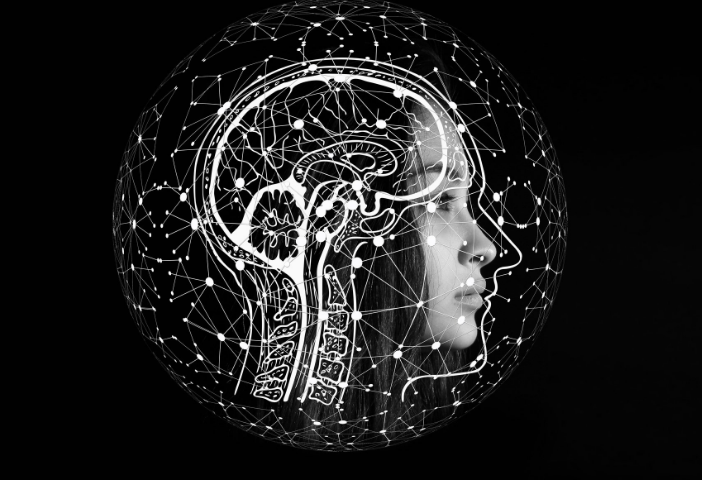
During Depression Awareness and Education Month, we want to do our part to help those living with depression and anxiety educate themselves about Social Security Disability benefits. One of the goals of Depression Awareness and Education month is to increase depression awareness and to reduce the stigma associated with depression and anxiety.
If you or a loved one is considering working with a Social Security attorney in Greensboro on a disability claim involving a diagnosis of depression or anxiety, you’ll want to read this post first.
Social Security Disability for Depression and Anxiety
The Social Security Administration’s listings for mental disorders are arranged in 11 categories. Depressive, bipolar and related disorders fall under listing 12.04. Anxiety and obsessive-compulsive disorders fall under listing 12.06. Both listings have commonalities we will highlight further below. To qualify for Social Security Disability benefits for depression, you will need to meet the following criteria:
12.04 Depressive, bipolar and related disorders, satisfied by A and B, or A and C:
- Medical documentation of the requirements of paragraph 1 or 2:
- Depressive disorder, characterized by five or more of the following:
- Depressed mood;
- Diminished interest in almost all activities;
- Appetite disturbance with change in weight;
- Sleep disturbance;
- Observable psychomotor agitation or retardation;
- Decreased energy;
- Feelings of guilt or worthlessness;
- Difficulty concentrating or thinking; or
- Thoughts of death or suicide.
- Bipolar disorder, characterized by three or more of the following:
- Pressured speech;
- Flight of ideas;
- Inflated self-esteem;
- Decreased need for sleep;
- Distractibility;
- Involvement in activities that have a high probability of painful consequences that are not recognized; or
- Increase in goal-directed activity or psychomotor agitation.
- Depressive disorder, characterized by five or more of the following:
AND
- Extreme limitation of one, or marked limitation of two, of the following areas of mental functioning
- Understand, remember, or apply information
- Interact with others
- Concentrate, persist, or maintain pace
- Adapt or manage oneself
OR
- Your mental disorder in this listing category is “serious and persistent;” that is, you have a medically documented history of the existence of the disorder over a period of at least 2 years, and there is evidence of both:
- Medical treatment, mental health therapy, psychosocial support(s), or a highly structured setting(s) that is ongoing and that diminishes the symptoms and signs of your mental disorder; and
- Marginal adjustment, that is, you have minimal capacity to adapt to changes in your environment or to demands that are not already part of your daily life.
The same rules governing depressive disorders in section’s B and C above also apply to anxiety disorders. But, with different medical documentation requirements. Cick the link below to find the SSA requirements for anxiety and obsessive-compulsive disorders.
SSA Listing 12.06 Anxiety and obsessive-compulsive disorders.
Social Security Attorney in Greensboro
If you are considering working with a Social Security Attorney in Greensboro to apply for disability benefits or appeal a denied disability claim, we’d be happy to help. Contact us today for a free consultation on your claim.
If you or a loved one is struggling with your mental health, we’d also encourage you to search online for depression support groups NC to find a community of support near you.



